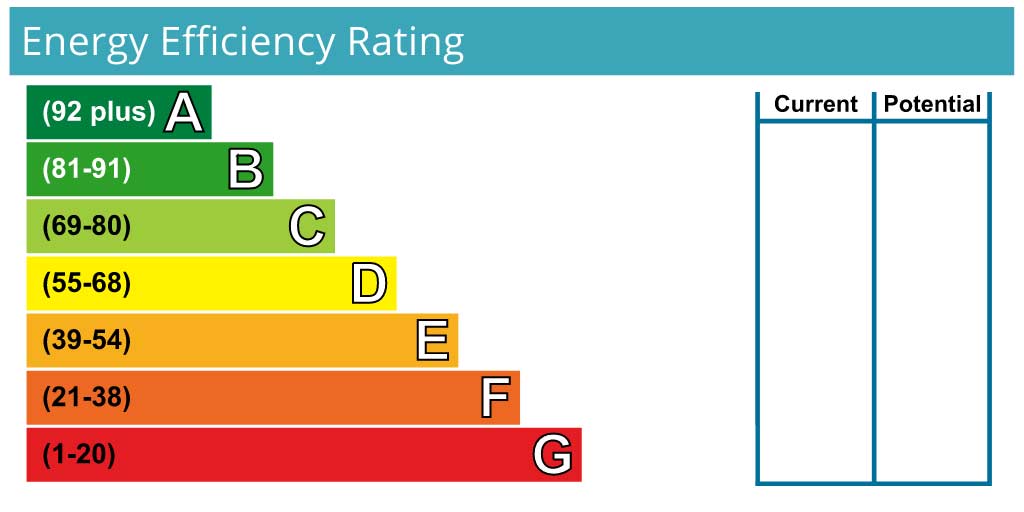This information should not be interpreted as financial, tax or legal advice. Mortgage and loan rates are subject to change.

Category: epc epc
epcAccording to latest government figures, 46 percent of rental properties need to have between £5,000 and £9,999 spent on them in upgrades to achieve an Energy Performance Certificate (EPC) rating of A-C.
You may be aware that the Minimum Energy Performance of Buildings Bill is currently going through Parliament. If passed, this Bill will make it a mandatory to achieve an Energy Performance Certificate (EPC) rating of A- C for new tenancies by 31st Dec 2028 – with the aim of not only reducing emissions nationally, but giving tenants a better understanding of how much they might be billed for gas and electricity.
Given as a percentage of the number of properties in the private rental sector that have a rating of less than C, the figures show that the likely cost of EPC upgrades to reach the A-C is as follows:
- 5 percent can expect to spend: less than £1000
- 25 percent can expect to spend: £1000 to £4,999
- 46 percent can expect to spend: £5000 to £9,999
- 20 percent can expect to spend: £10,000 to £14,999
- 4 percent can expect to spend: £15,000 or more
Since this data appears to be approximating a bell curve distribution with a centre average of around £7,500, we can assume that 23 percent of private rented properties (around 1 in 5) can expect to spend £5,000 to £7,499.
While the most likely outcome for landlords is a ballpark price tag of £7,500, latest government data shows that an EPC rating of C increases the property’s value by an average of 10 percent. With data showing that in 2023, the average UK house price is sitting at £286,489, a landlord’s property may have seen capital appreciation of £28,649, giving a ballpark profit of £21,149 when sold (excluding capital gains tax).
This is of course a rough picture of a generalised scenario and does not consider any tax payables, service fees, and other wider renovation costs, it is intended only to illustrate that whilst £7,500 may be a hard pill to swallow, proportionally it shrinks in comparison to the potential capital appreciation on the property once upgraded.
Lower mortgage rates and incentives from lenders
Having been aware this legislation is on its way, and to reflect the higher value properties with an high EPC rating attract, lenders have for some time been offering mortgage deals available exclusively to borrowers with properties rated A - C.
These mortgage rates often include bells and whistles such as: slightly cheaper rates, cashback, and more lenient affordability calculations.
According to The English Housing survey, in 2021, of all private rented properties:
- 44 percent already had an EPC rating of: A - C
- 42 percent already had an EPC rating of: D
- 14 percent already had an EPC rating of: E - G
How to avoid costs whilst achieving a rating of C+
You’re well advised to review your current energy certificate to see whether any changes you’ve made to your property would impact your rating.
You will not fail to remember a costly boiler upgrade, but it may slip your mind that it could in fact improve your EPC rating.
Have you recently put new insulation into your property’s loft, or does your certificate assume you do not have cavity wall insulation when in fact you do? If you pay for an inspection, and provide this information to the assessor, you may be upgraded to a C or above without these bigger costs.
